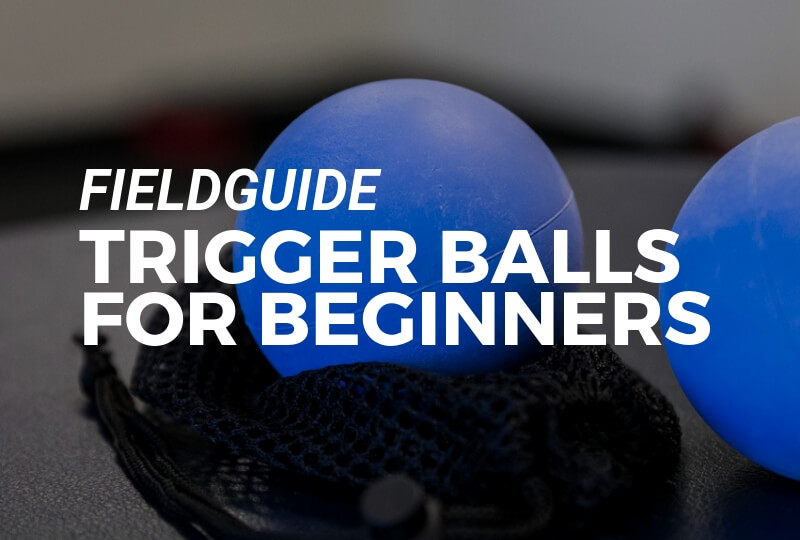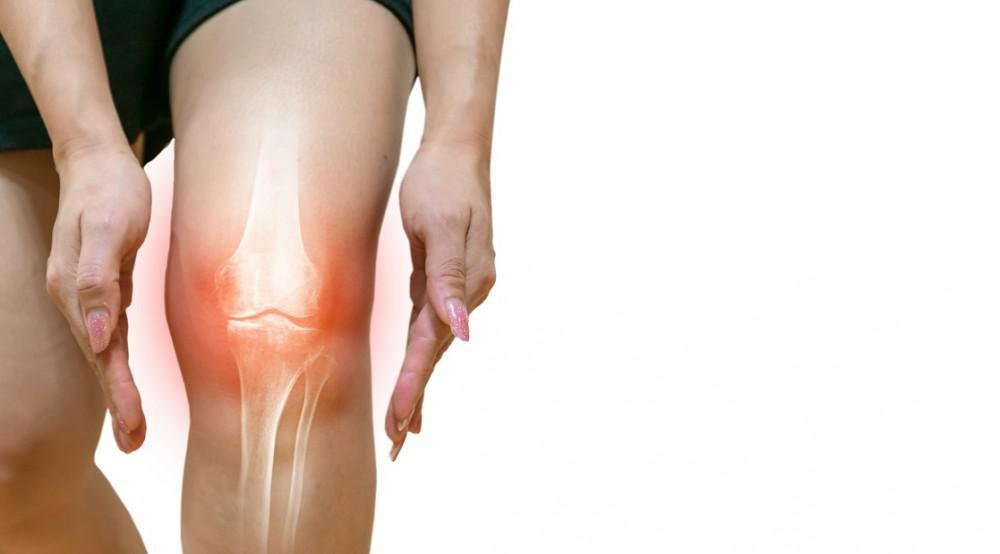Fieldguide: Trigger Balls For Beginners
So many people that enter our clinic still don’t know that they can treat their muscle aches, stiffness and trigger points by using a trigger ball!
In this FieldGuide, we uncover what a trigger ball is and how you can immediately use one to give you the relief you are looking for...
What is a trigger ball?
Simply, it is a ball that you use to press into your trigger points to give relief from aches and stiffness.
This can be any type of ball from a cheap $1 tennis ball, lacrosse ball, spikey ball, blue Yoga Tune Up Trigger ball (which we have in clinic), black roll trigger ball or a BakBall(R).
How do I know which type is for me?
Would you buy a pair of shoes without trying them on first?
Not likely… it is the same as trigger balls, you need to try them out to see which one you are comfortable with and that doesn’t cause pain.
We recommend the softer balls to the majority of people in the clinic, especially if you are a beginner or if you prefer a lighter massage. These could be something like the Blue Yoga Tune Up Ball or our Therapy Balls.
When you are a little more experienced you can trial a harder ball such as a Blackroll Ball.
But how does the trigger ball take my muscle aches and stiffness away?
Why does pressure make the muscle relax?
We have some rough ideas in the medical world of why and how a massage / trigger point release can make a muscle go from feeling “tight” to feeling “loose”.
But we really still have no solid idea of how it works on a deeper level.
Deep dive into the science of trigger points here https://www.painscience.com/articles/trigger-point-doubts.php
But guess what, who cares why… if it makes you feel better, move easier and improves your range of motion. Then as Nike says…
Retrieved from: https://makeameme.org/meme/just-do-it-1rkdhq
Is it ok to feel pain when using the trigger ball?
Another amazing question!!
We dive into that below.
Should I feel pain when using a trigger ball?
No! I feel this is non negotiable. Never use a trigger ball to a point that causes unpleasant pain.
Let me explain why, but first let’s discuss pleasant (good) vs. unpleasant (bad) pain.
Pleasant pain is pain that comes from pressing a muscle hard enough to create a “pressure pain” feeling in the muscle, but not hard enough to cause intolerable or unpleasant pain.
This pleasant pain is comfortable, and if you had to measure the discomfort it would be under a 4 out of 10 discomfort - Zero being no discomfort, 10 being your max discomfort / pain.
A skilled Therapist understands this and should know how to apply just the right amount of pressure to create an environment to allow your muscles to relax.
The same goes for you when using a trigger ball - NO UNPLEASANT PAIN!
Trigger Ball “Unpleasant” Pain examples:
Massage pressure that is causing pain face
Referred Pain
Sharp Pain
Pain that does not settle
Other unpleasant pain examples:
Joint pain
Inflammatory Pain
Acute Pain
Muscle Tear Pain
Nerve Pain
Other things that are NOT considered to be healthy or pleasant:
Pins and Needles
Numbness
Tingles
Burning
Altered Sensation (hot or cold)
If you get any of these types of pain, stop using your trigger ball and see a trusted health professional for advice.
But I was told to go hard!?
Retrieved from: https://cheezburger.com/2707646208
Yep, most people are told this… and most of those people stop using their trigger ball after about 2 weeks due to the pain.
Unpleasant pain causes your body to go into a ‘flight or fight response’ which is counter productive.
You want to have enough pressure that you are still comfortable. This allows your body to be in a place of relaxation, rest and recovery, allowing tight muscles to relax and give you relief.
Pressing too hard will make you hold your breath and give you “pain face”.
Retrieved from: https://www.carthrottle.com/post/8TnPD7/
Don’t be like Arnie!
Ok, so I know I have to go gentle, but what do I do with the trigger ball?
This is covered in the next section… about time we know! But we want to give you as much information as possible before we dive into the exercise. Here it goes…
How do I use the trigger ball?
As this is a beginner guide we will keep it simple with some same basic techniques.
The rules: We use the saying “REST” when it comes to using a trigger ball.
REST
Release gently
Ensure no unpleasant pain
Steady breathing
Twenty to thirty seconds
Let’s go through 3 areas of your body that are easy to use the trigger ball.
1. Shoulders
The shoulders by far are the easiest place to start.
You want to get a spot in the back of the shoulder blade, this is a part of your rotator cuff and feels great with small amounts of pressure.
To do your right side:
Stand close to a wall
Hold the trigger ball in your left hand
Put your right hand on top of your left shoulder
Place the trigger ball on the back of you shoulder blade
Press the trigger ball between the wall and the shoulder blade
Apply REST
2. Upper back
Between your shoulder blades is a hot spot for trigger points and… it feels so so good when you do it right.
Stand with your back close to a wall
Hold the trigger ball in your left hand
Squat down slightly
Place the trigger ball on the right side of your upper back - between the shoulder blades.
Press the trigger ball between the wall and your upper back.
Stand tall - this moves the trigger further down between your shoulder blades
Apply REST
3. Glutes
The glutes are such a great place to use the trigger ball, we will show you the most comfortable way to trigger ball them.
Lets do your right glute:
Stand with your back close to a wall
Right glute slightly closer to the wall
Squat down slightly
Place the trigger ball on the right side of your glute
Press the trigger ball between the wall and your glute
Roll the ball around to find those trigger points
Ensure you stick to the REST principle.
4. Trigger ball secret spot - Feet
The forgotten area of our body, the feet!
The feet is a sensory rich area of our body that is commonly neglected.
Lets do your right foot:
Standing up (or sitting if at your desk)
Put the trigger ball on the floor
Place your right foot on the trigger ball
Roll the ball around to find those sweet trigger points
Ensure you stick to the REST principle.
Well that wraps up the Beginners Trigger Ball FieldGuide. Remember; The REST principles should apply to any Trigger Ball or Foam Roller work that you do.
Keep an eye out for our FieldGuide for Advanced Trigger Ball Techniques.
If you are wanting to try out some trigger balls, drop by our Inglewood or CBD clinic to give them a go.
Remember, Movement Matters.
Our Recent Blogs

















